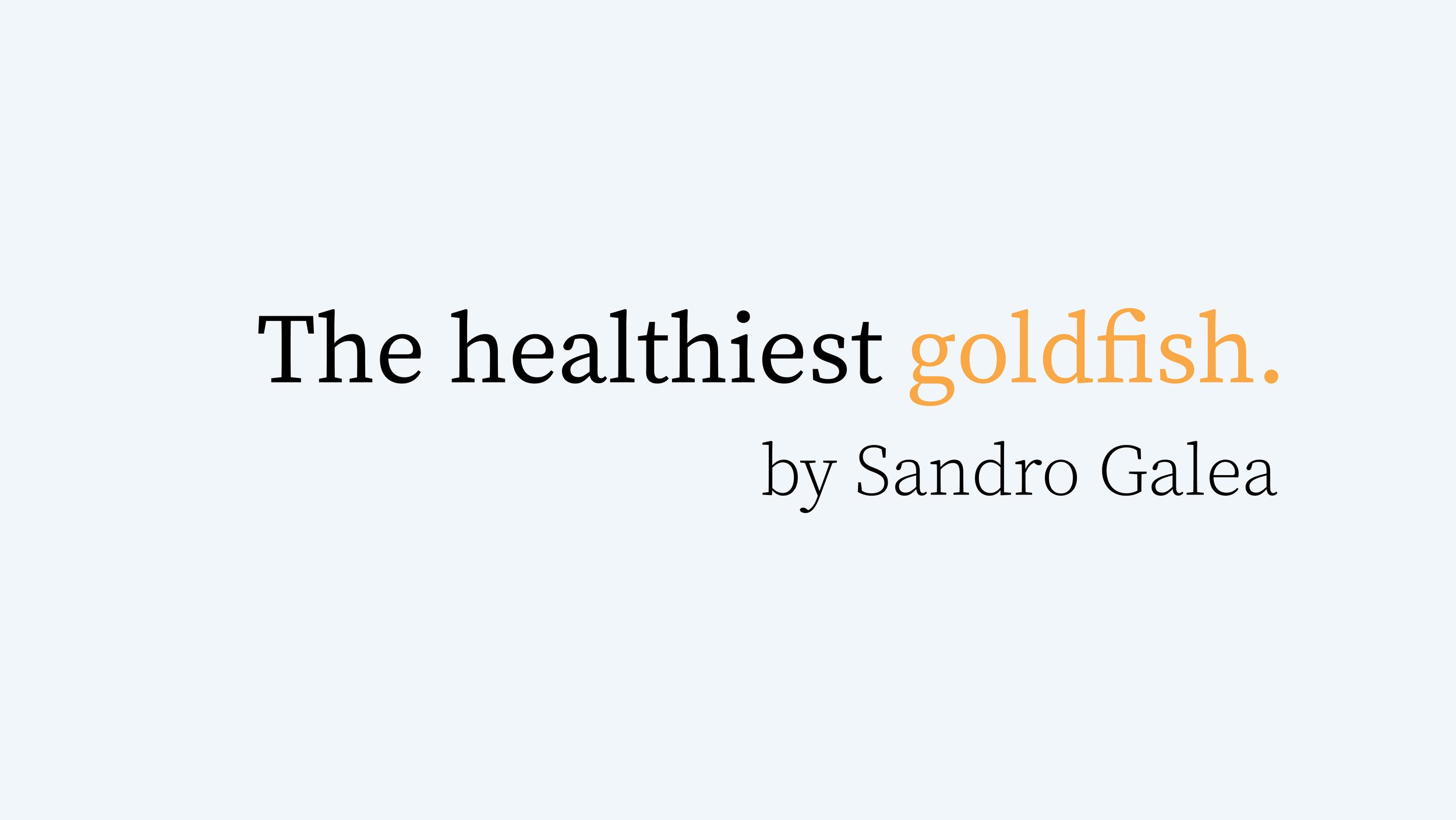Now that the Super Bowl is over, American football’s attention is focused on the draft to select a group of new players. The players, trained and developed across hundreds of universities, are chosen to join those already on the roster to make what could become–is expected to become–a better team. At every draft turn, the team chooses the “best available” player who might add an important piece, looking to strengthen the team’s prospects. And, most of the time, as new players are added, teams get a bit better, play at a higher level.
In the best circumstance, science operates as a team, and it is the addition of new scientists who bring new ideas, new ways to play, that advance our understanding. Thought of in this way, science is a shared undertaking, drafting the best available players. We think of science as a team that is never perfect, never unbeatable, but always looking to improve and meet changing challenges.
Read more here.





